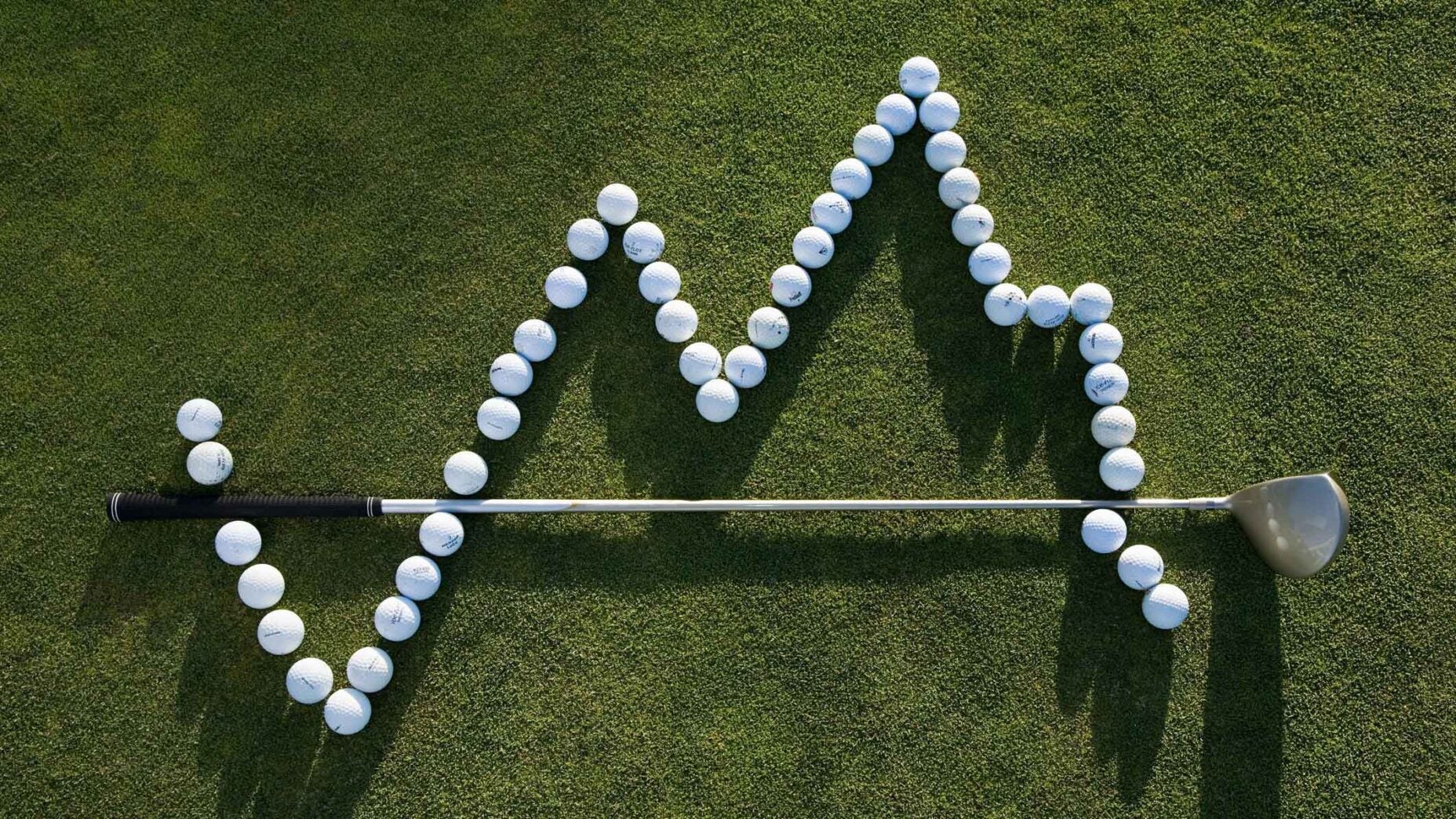Driving distance seems to be all what everybody talks about nowadays. We know how important it is for pro golfers, but what about for recreational golfers? Enter GOLF’s resident low-handicaps, who are here to offer some helpful advice, golfer-to-golfer.
1. Focus on contact
Dylan Dethier (+3.3 handicap): If you’re looking to win the U.S. Mid-Am or Monday qualify for your local Tour event, you’re probably going to need to pick up a few extra yards. But otherwise, there’s a pretty small chance that distance is where you’re actually losing most of your strokes. Instead of worrying about picking up swing speed, which is difficult, work on something that’s more valuable and easier to control: Quality of contact! If you’re hitting the sweet spot, your ball will go farther. Chase that feeling of sweet, sweet impact. And guess what? If you improve your contact, you’ll hit it longer, too.
2. Find the low-hanging fruit
Luke Kerr-Dineen (2.5 handicap): Look, distance is incredibly important at all levels. Big picture: More distance will help you hit lower scores. Nobody here will disagree with that. But the way pro golfers chase distance isn’t necessarily the way amateur golfers should. Pros have already dialed-in their equipment; their technique is grooved; they’re elite-level athletes. For these players, adding speed is the final ingredient.
Average golfers aren’t there yet. If they’re serious about gaining distance, they should go get a driver fitting from a reputable clubfitter like True Spec. Find a training program that will improve your flexibility. And work with a coach to improve your technique so you’ll find the sweet spot more often. Do all that and you’ll probably gain 20 yards in a relatively short timeframe, all before you’ve started swinging ‘harder.’
3. Develop your fundamentals
Josh Sens (2.5 handicap): Distance is always an advantage, at any level. But I don’t see it as critical for recreational play. In recreational golf, all you really have to do is play from the right tees. If you can get longer, great. But chasing distance just for the sake of distance seems like a bad idea. Down that road lie a zillion perils. Developing more solid fundamentals. That’s something worth chasing. If you do that properly, the distance will come.
4. Groove controlled power
Zephyr Melton (6.5 handicap): As someone who is a 6 handicap while averaging 235 off the tee, there is no reason to be chasing distance as a recreational golfer. If you want to get into the low single digits/scratch range, then you will need a bit more distance than I possess, but before golfers go chasing the golf ball, they need to learn how to keep the ball on the planet. You don’t need to hit every fairway, but there’s no use swinging for the fences if your ball is flying OB.
